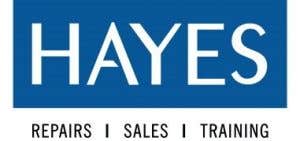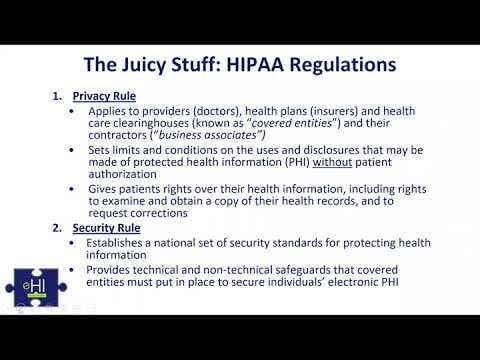Implementing HIPAA for Dental Offices
The Health Insurance Portability and Accountability Act established industry standards for anyone working in healthcare; thus, rules pertaining to dentists are no different than any covered entity’s obligations under HIPAA law–namely protecting patient privacy.
HIPAA regulations for dental offices require protected health information (PHI) to be safeguarded in the form of administrative, technical and physical safeguards. This is a new responsibility that has evolved with increased healthcare breaches across all industries over the past decade. With HIPAA compliance becoming more important than ever before, dentists must take proactive steps to protect their patients’ PHI from being compromised or stolen as well as complying with other requirements specified by HIPAA including data integrity checks which can help mitigate risks associated with fraud and identity theft.
A ransomware attack has the potential to cause significant damage and disruption, not just for businesses but also their customers. A hacker infiltrates a dental organization’s internal network and encrypts or steals sensitive data demanding a sum of money in return. Medical practices are targeted more than others because hackers know that they have valuable information on hand from patients who come into contact with them. The most common form of cyber-attacks on medical facilities are those targeting personal information such as social security numbers or credit card details though more advanced types of attack have become popular among malicious actors who target hospitals’ IT infrastructure itself.
The dental industry has some of the most sensitive information on their patients. A lot of this is considered to be innocuous, but it could actually lead someone down a dangerous path such as identity theft or financial fraud if they were ever compromised. This includes PHI- patient names, addresses, phone numbers and Social Security Numbers among other things which are all very vulnerable in today’s world due to technology advancements like these that make breaches much more common than before.
Implementing HIPAA Compliance in a Dental Office
HIPAA safeguards should be implemented to secure patients’ PHI in the following areas:
Administrative. HIPAA Administrative implementation relates to the policies and procedures surrounding the use and disclosure of PHI. These must be customized for dental offices and employees should also have a yearly refresher on Dental HIPAA requirements so they are all up-to-date with every new change in healthcare laws.
Technical. Data is a delicate thing. There are many precautions you need to take, like encryption and data backup, to make sure your information stays safe should disaster strike.
Physical. Security is an important part of any organization, but it can be even more crucial for a dental office. With the sensitive information that’s stored on paper patient files and other documents in your building, you need to take extra precautions to protect them from unauthorized access if someone breaks into your office or looks through window blinds when they shouldn’t be looking inside.
Dental offices are always required to inform their employees about how they should handle PHI and even provide them with the knowledge that these requests could come electronically from insurance providers and other third parties.
A dental office’s ability to stay compliant is based on whether or not it has agreed upon standard administrative procedures (SAPs) for handling patient information by maintaining an up-to-date list of all its business associates who access protected health information (PHI).
HIPAA dental compliance requires implementing an effective compliance program that implements administrative, technical, and physical safeguards. HIPAA regulations for dental offices assess the security measure practices with self-audits, train employees, and develop incident response plans to cover healthcare breaches. To implement a comprehensive HIPAA compliant program it is recommended you consult experts who are able to ensure your full regulation coverage.
Keep your dental team up-to-date with new regulations by providing them with the latest updates on HIPAA. Book for our next in house or online Dental HIPAA Training to ensure that you’re fully aware of all changes and policies surrounding patient records.
You may also check our other training links below:
- CDC Dental Guidelines and Infection Control
- Dental Handpiece Sterilization and Equipment Maintenance
- Dental OSHA Training
- CE Credits In-House Training
Hayes also specialize in instrument sharpening & repairs. Our experienced technicians have decades of experience working with all major brands of dental handpieces including:
A-dec | Beyes | Bien Air | Denticator | Hall | Henry Schein | Impact Air | Kavo | Lares | Midwest | Morita | Nobel Biocare | Nouvag | NSK | Patterson | Schein Master | Shamrock | Star | Strauman | Stryker | W&H | Young | American Eagle | HU Friedy | Nordent | PDT




